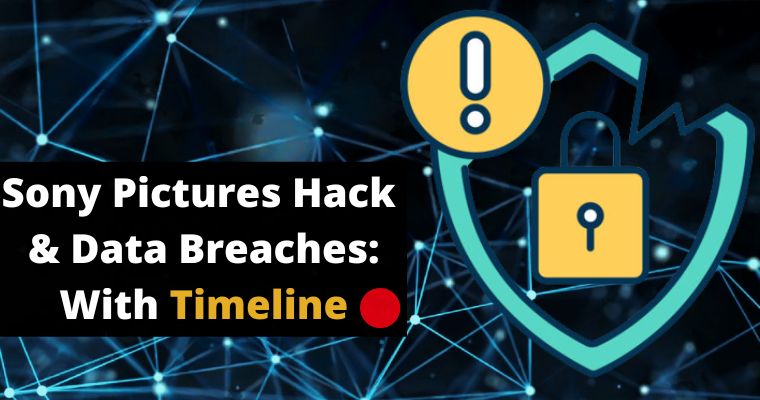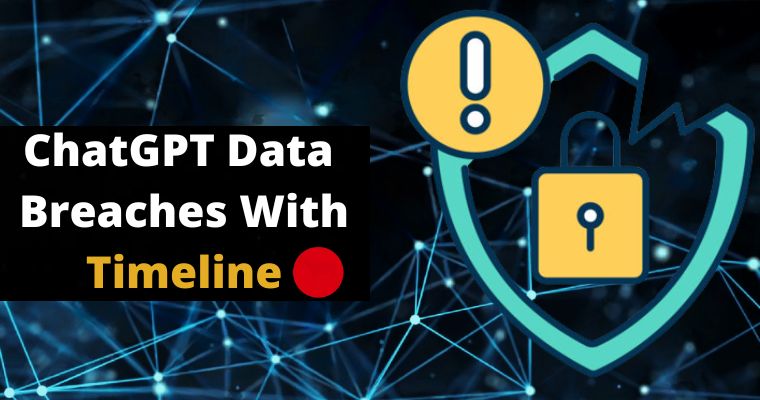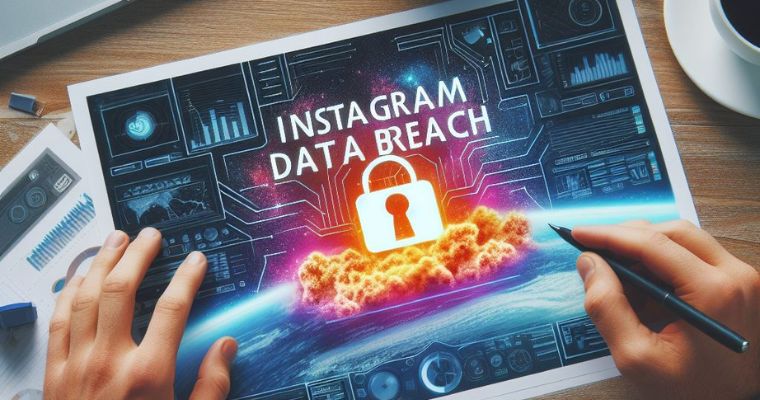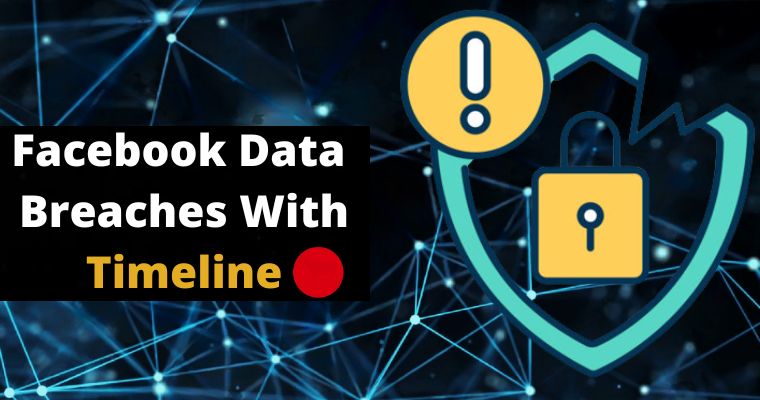The Sony Pictures hack was a watershed moment in the history of cybersecurity.
It exposed vulnerabilities in the digital infrastructure of a major corporation, compromised the privacy of thousands of individuals, and revealed the extent to which cyber threats could impact the entertainment industry.
The data breach resulted in the theft of personal information, including Social Security numbers, salaries, and emails of Sony employees, as well as confidential information about the company’s operations, intellectual property, and financial records.
The stolen data was subsequently leaked online, causing widespread embarrassment and damaging the company’s reputation.
The data breach at Sony Pictures also raised concerns about the increasing sophistication and persistence of cyberattacks.
Despite the company’s efforts to improve its cybersecurity protocols, the hackers were able to bypass multiple layers of security and gain access to sensitive information.
The Sony Pictures hack had significant consequences for both the company and the wider industry.
The incident led to the resignation of several high-level executives, legal action against the company by affected employees, and a loss of revenue due to the cancellation of the film’s release.
The data breach also prompted widespread debate about the responsibility of corporations to protect sensitive data and the need for stronger government regulation of cybersecurity.
The Sony Pictures hack and data breach was not an isolated incident. In recent years, there have been numerous high-profile data breaches affecting companies across different industries, including financial services, healthcare, and retail.
These incidents have demonstrated that no organization is immune to cyber threats and that the cost of inadequate cybersecurity measures can be significant.
The Sony Pictures data breach was a significant event that highlighted the need for robust cybersecurity protocols in the digital age.
It underscored the importance of proactive measures to prevent and respond to cyberattacks and sparked a broader conversation about the role of corporations and governments in protecting sensitive data.
As technology continues to evolve, the challenge of safeguarding information will only become more complex, making it critical for organizations to stay vigilant and prioritize cybersecurity.
A list of all hacks and data breaches of Sony Pictures are given below:
Table of Contents
August 2017 – Sony Pictures Hack & Data Breach
In August 2017, a group called “OurMine” managed to breach Sony PlayStation’s social media accounts and started making assertions about having obtained access to the PlayStation Network database.
Obtaining registration details, such as usernames, names, and email addresses. Nonetheless, Sony was able to reclaim the accounts fairly quickly.
The group claimed to be a security firm and had no intention of disclosing the information, adopting the stance of ethical hackers attempting to communicate with PlayStation staff.
Nevertheless, the group’s website suggested that the organization would effectively target corporations and publicize the occurrences to promote its security solutions, which might have been legitimate or not.
December 2014 – Sony Pictures Hack & Data Breach
Although no data was stolen in this attack, a DDoS attack that occurred in December 2014 resulted in a miserable Christmas for as many as 160 million gamers.
Lizard Squad, a group, took credit for disabling the networks by overwhelming the systems and preventing others from utilizing the services.
Users, especially those who received new games during the holiday season, found the incident to be most frustrating.
Eventually, the hacker responsible for the DDoS attack was identified and sentenced to 27 months in prison for their involvement in hacking activities targeting Sony, Steam, EA, and other entities.
November 2014 – Sony Pictures Hack & Data Breach
The “Guardians of Peace,” a hacker group linked to North Korea, stole a vast amount of data from the Sony Pictures network in late November 2014.
The data included plans and scripts for unreleased movies, personal information of employees and their families, salary details, internal emails, and other information concerning Sony’s assets and staff.
The hackers not only stole from Sony but also utilized a version of the Shamoon virus to erase data from their systems. Sony Pictures was in the process of recovering from the attack when the hackers started to make public some of the information they obtained.
Among the shared data were confidential documents and communications, as well as copies of films, including some that had not yet been released.
The hackers revealed certain findings to reporters, which consisted of leaked emails exchanged between employees.
These emails contained dialogues where the employees indulged in name-calling, made insulting remarks about celebrities, and shared other sensitive content that could be considered embarrassing by most people.
The hackers made numerous threats and demands related to the release of The Interview, a comedy film featuring James Franco and Seth Rogan.
The movie revolves around a pair of American journalists who are recruited by the CIA to assassinate Kim Jong-un during an interview.
The North Korean government had previously written to the United Nations, asking that the movie be stopped, calling it a form of terrorism. The hackers’ demands included the withdrawal of the film, and they also issued threatening statements.
These statements included a warning that those who watched the movie would face dire consequences and a reference to the September 11, 2001 attacks, which many perceived as a terrorist threat.
After initially withdrawing the film, Sony changed its decision and opted for a restricted theatrical and digital distribution, following requests from various individuals, including the former President, Barrack Obama.
Sony faced not only data leaks and security threats in the weeks and months following the hack, but also a lawsuit from its employees who alleged that they suffered substantial financial losses as a result of their personal information being stolen.
Sony Pictures was obligated to pay up to $8 million to settle employee claims, which included reimbursement for identity theft damages, as well as expenses for fraud protection services and legal fees, subject to certain limits.
Additionally, the repairs to the company’s systems were reported to have amounted to roughly $35 million.
Park Jin Hyok, a computer programmer accused of working for North Korea, was charged in September 2018 in connection with the Sony hack and the WannaCry virus. However, as he operated out of China, extradition to face the charges was deemed unlikely.
Jon Chang Hyok and Kim Il were later charged as well, but it is also improbable that they will appear in a United States courtroom.
August 2014 – Sony Pictures Hack & Data Breach
During the year prior to the 2014 holiday season, Sony experienced comparable events. In August 2014, there was a DDoS attack, purportedly orchestrated by Lizard Squad, which resulted in the disruption of PlayStation Network and Sony Entertainment Network services.
This incident was reminiscent of a previous one in 2013, where Sony’s networks were unavailable during Christmas, which happened to be the first holiday season after the launch of PS4.
June 2011 – Sony Pictures Hack & Data Breach
In mid-2011, a group of hackers launched an attack on multiple websites associated with Sony Pictures, which resulted in the compromise of more than one million user accounts.
The hackers were able to capture usernames and passwords, and the attack also revealed around 75,000 music codes and 3.5 million coupons.
LulzSec, the hacker group, claimed responsibility for the attack and stated that they also obtained admin details, as well as information on employees. The hackers claimed that they accessed everything using a straightforward SQL injection.
May 2011 – Sony Pictures Hack & Data Breach
Sony made an announcement in May 2011 revealing that 25 million Sony Online Entertainment customer accounts were compromised and personal information, including names, addresses, birthdates, and phone numbers, was stolen by hackers.
Additionally, the hackers were able to obtain details about the PC games that customers had purchased through the system.
In the course of the hack, a database with information dating back to 2007 was breached.
Sony confirmed in their announcement that the data was taken on either April 16 or April 17, 2011. They also stated that at first, they did not think any data was copied by the hackers who accessed the system, but they later discovered that this was not true.
Although Sony had labeled it as “obsolete,” the compromised database contained direct debit information of more than 10,000 customers in Europe and personal details of roughly 23,400 individuals residing outside of the United States.
April 2011 – Sony Pictures Hack & Data Breach
In the middle of April 2011, hackers breached Sony’s PlayStation Network, resulting in the theft of personal information belonging to all 77 million users.
This event also caused a service disruption that lasted several weeks, rendering the PlayStation network inaccessible to users.
Between April 17 and April 19, 2011, Sony Pictures became aware that a non-authorized individual had gained access to personal information, including usernames, passwords, email addresses, birthdates, and more.
Although the company didn’t immediately disclose the discovery, they announced it on April 26.
After discovering the hack, Sony closed down two PlayStation network services on April 20 and released a vague statement acknowledging the outage.
Sony later disclosed that it expected to resolve the issue within one to two days but did not initially mention the external intrusion that occurred on April 22 or the possible compromise of personal data.
Sony Pictures announced on April 23 that it would have to reconstruct its system to enhance its security. Subsequently, on April 26, the company acknowledged that the hack had resulted in the theft of sensitive information, according to a statement.
Sony suggested that users get in touch with their card providers to inform them that their credit card numbers and expiration dates may have been compromised, even though there was no proof that the numbers associated with the accounts were accessed.
It’s important to note that the three-digit security code was not included in the potential compromise.
Sony announced that the PlayStation network services would be gradually restored, and it took several weeks before the service was fully operational again, with full restoration occurring in mid-May.
The incident that garnered attention in gaming circles in June 2021, which involved numerous console bans, is thought to have been connected to both the 2014 hack and the hackers’ ability to manipulate console IDs that were obtained during the hack.
This suggests that the console bans may have been a result of hackers using the stolen console IDs for malicious purposes.
July 2008 – Sony Pictures Hack & Data Breach
The PlayStation website experienced a security breach in July 2008, during which certain visitors were presented with a message to download a purported “antivirus scanner.”
However, this prompt was actually fraudulent and did not result in the installation of any malicious software. It is uncertain how many individuals were exposed to the message or if any harm resulted from the incident.




